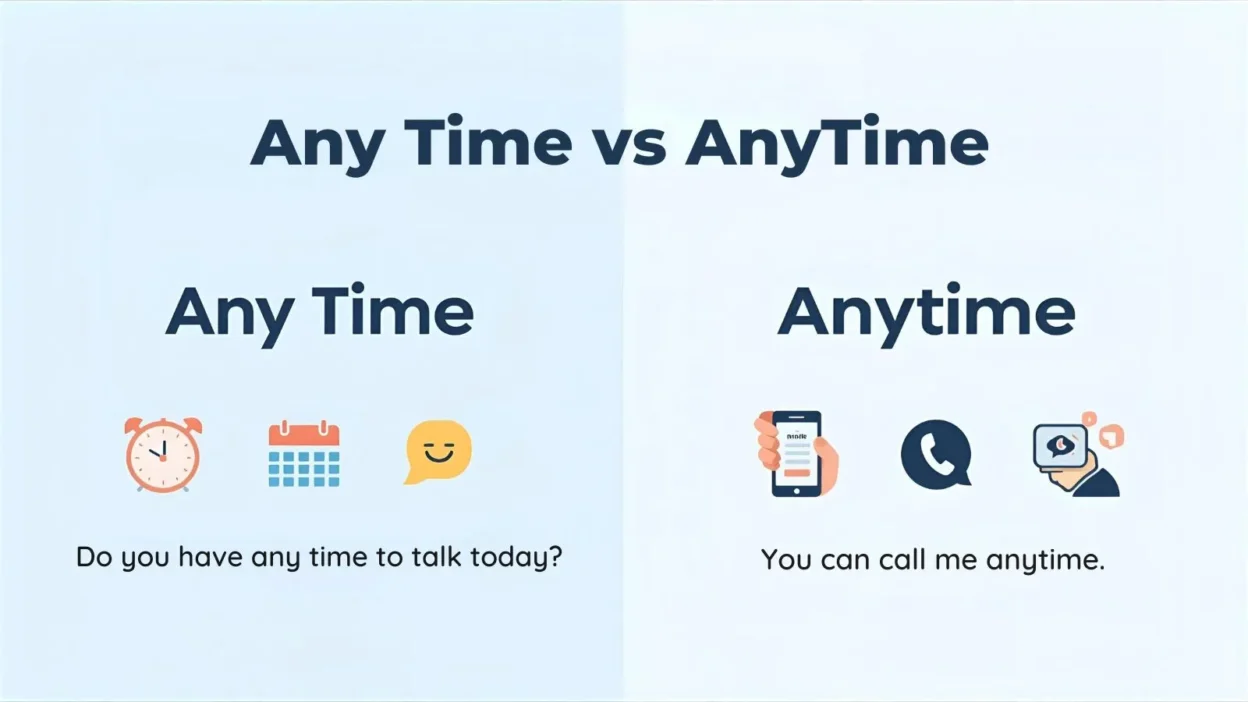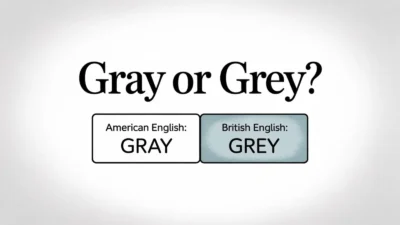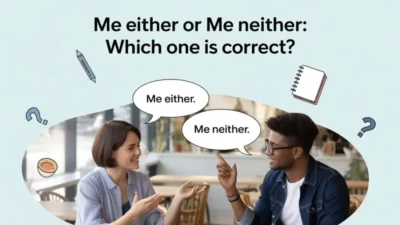Have you ever paused while typing and thought, “Wait… is it any time or anytime?” I’ve been there too, and trust me—you’re not alone.
Many English learners and even native speakers struggle with this tiny difference that feels bigger than it should. If you’re writing emails, essays, or even casual texts, using the wrong form can make you second-guess yourself.
I get the confusion, and I’m here to guide you through it step by step. In this article, I’ll break down the difference, share easy examples, and clear up the rules so you’ll never wonder again.
Any Time or Anytime – Quick Answer ⚡
Any time (two words): A noun phrase meaning “any amount of time.”
Example: Do you have any time to talk today?
Anytime (one word): An adverb meaning “whenever.”
Example: You can call me anytime.
👉 Quick tip: If you can replace it with “whenever,” use anytime. Otherwise, use any time.
The Origin of Any Time or Anytime 📜
The phrase any time has been in English since the 14th century, always meaning “an amount of time.” The single-word form anytime is newer, appearing in the 20th century as language became more casual.
Over time, writers shortened phrases for convenience, and anytime gained acceptance in everyday writing, especially in American English.
British English vs American English Spelling 🇬🇧🇺🇸
British English prefers the two-word form (any time) in most cases, especially in formal writing. American English, however, accepts both but uses anytime more often in informal or conversational style.
Comparison Table 📊
| Context | American English | British English |
|---|---|---|
| Formal writing | any time | any time |
| Informal conversation | anytime | any time |
| Business email | any time | any time |
| Text / social media | anytime | any time |
Which Spelling Should You Use? ✍️
- If writing for a US audience: Anytime is fine in casual contexts. Use any time in formal writing.
- If writing for a UK or Commonwealth audience: Stick with any time for safety.
- If writing globally: Default to any time—it’s always correct.
Common Mistakes with Any Time or Anytime ❌✅
❌ Do you have anytime tomorrow?
✅ Do you have any time tomorrow?
❌ You can call me at any time you want.
✅ You can call me anytime you want.
👉 Mixing styles in the same document—choose one form and stay consistent.
Any Time or Anytime in Everyday Examples 📚
- Email: Please let me know if you have any time next week.
- News: The app can be updated anytime, without restrictions.
- Social media: DM me anytime!
- Formal writing: We appreciate any time you can devote to the project.
Any Time or Anytime – Google Trends & Usage Data 📈
Google Trends shows anytime is more popular in the US, while any time dominates in the UK, Canada, and Australia. In academic and business writing, the two-word form still leads worldwide. Casual writing (texts, social posts) strongly favors the one-word anytime in the US.
FAQs about Any Time or Anytime ❓
1. Is “anytime” one word or two?
Both are correct, but they have different uses.
2. Can I use “anytime” in formal writing?
Better to use any time in formal or academic work.
3. Is “anytime soon” correct?
Yes. Example: I don’t expect him back anytime soon.
4. Do British people use “anytime”?
Rarely. Most prefer any time.
5. What’s the easiest way to remember the rule?
If you mean “whenever,” use anytime. Otherwise, use any time.
6. Can I always use “any time” instead of “anytime”?
Yes. Any time works in all contexts.
7. Why do both forms exist?
Language evolution and regional preferences created two accepted versions.
Conclusion 📝
The choice between any time and anytime comes down to context. Use any time when referring to an amount of time and in formal writing.
Use anytime when you mean “whenever,” especially in casual or conversational English. American writers lean toward anytime, while British writers favor any time.
If you want to play it safe, especially for international or professional audiences, stick with the two-word version. However, don’t stress—most readers will understand either form.
What matters most is consistency in your writing. Master this simple distinction, and you’ll write with more confidence every time—or anytime—you need.

I’m Emma Collins, a grammar expert and author at Grammarnestly.com. I love helping readers master English with simple, practical grammar guides.
When I’m not writing, I enjoy reading, coffee, and exploring the beauty of language.



